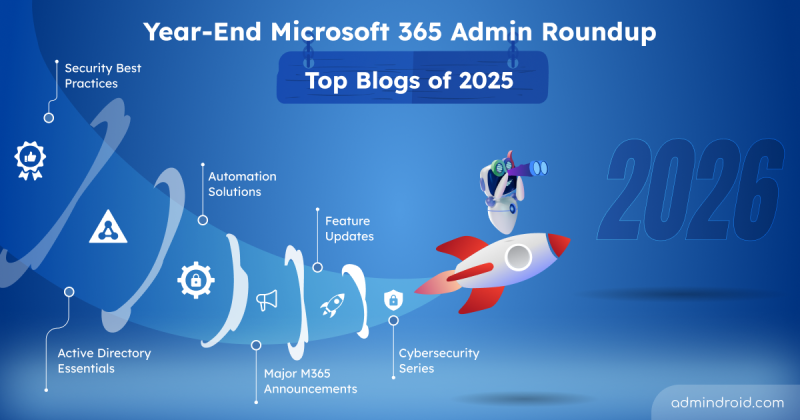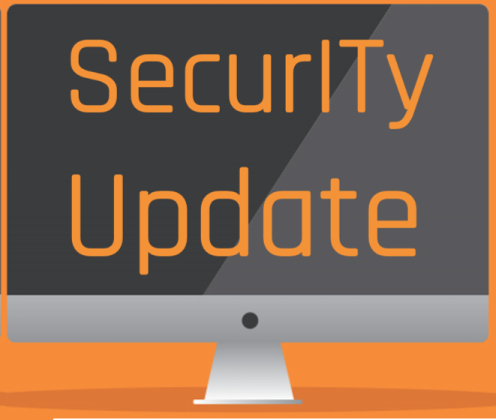It’s been three months since the first Coronavirus case was confirmed in China. Since then, the virus has gone on a world tour, striking country after country in both hemispheres. The events that have unfolded as a result are truly tragic. To look on the brighter side though, the pandemic has given us the time to reflect on what’s truly important and appreciate the people we meet and interact with in our daily lives. On our part, we wish to focus on a person and his team whose services we can’t survive without, but whom we rarely acknowledge: The System Administrator or, in IT parlance, the Sysadmin. To truly appreciate his services, let us go back in time a bit.
We were first informed of the disease in early January through news reports from ground zero – China. The real seriousness of the issue though became apparent only by mid-January. The world had lost several lives by then. But the work routine of the average individual had not been impacted. At least not yet.
Fast forward to mid-February when Italy reported its first cases. A jump from Central Asia to Southern Europe is bound to draw our attention of course, and the world did take quite serious notice. But then again, no change in our work routines.
When early March arrived, the Director of WHO officially declared the disease a pandemic. The situation had become so serious that national governments started imposing quarantine measures. Our work routines did change now. Taking the cue from national governments, most employers enforced measures to contain the spread of the virus. This meant that the average employee was asked to work from home, or someplace safe.
It was now time for the Sysadmin and his team to take over. As asset managers, they ensured that devices were distributed to all employees evenly. To maintain normal business operation, they migrated essential systems to the cloud. To enable us to collaborate from home, they set-up cloud-based collaboration tools like Microsoft Teams. To ensure our seamless connection to the corporate network, they got the VPN service up and running. Security was taken care of by enforcing Multi-factor authentication schemes. To top it up, they were available 24X7 to attend to any issues or requests. To sum up, it would be hard to imagine working from home, were it not for the Sysadmin and his team.
In smaller organizations, the boundaries between administrators of different domains tend to blur. The average Sysadmin would find himself handling security administration issues one day and playing around with databases the next day. In some organizations, there would be only one Administrator juggling different responsibilities, playing the role of an IT Polymath. On a daily basis, he’d be handling support mails, implementing the latest security paradigm and migrating application to the cloud. While this may be an exaggeration, there are many such Sysadmins out there, supporting organizations single-handedly. In this crisis we find ourselves in, their services are a lot more than just essential.
The importance of the Sysadmin multiplies in a healthcare organization, such as a hospital or a medical department in a hospital in times such as these. The hospital would be flooding with patients. To cope with the influx, the hospital would have to set up telemedicine facilities. The providers would have to be trained to use them. To manage the healthcare provided, they’d have to set up Patient Monitoring Systems. Umpteen number of problems such as network surges, connectivity issues would arise during the normal operation of the system. The Sysadmin and his team would have to be up and running 24X7 to tend to all these issues.
It’s unfortunate that we tend to overlook the contributions of the Sysadmin and the IT Personnel at large. Especially, in testing times such as these, their contribution is so essential and vital that it is a crime on our part to not appreciate their services. Having been Sysadmins ourselves, we know what it feels like. This article is a tribute to all those Sysadmins out there working to make life seem normal during this time of uncertainty. Keep up the good work!






